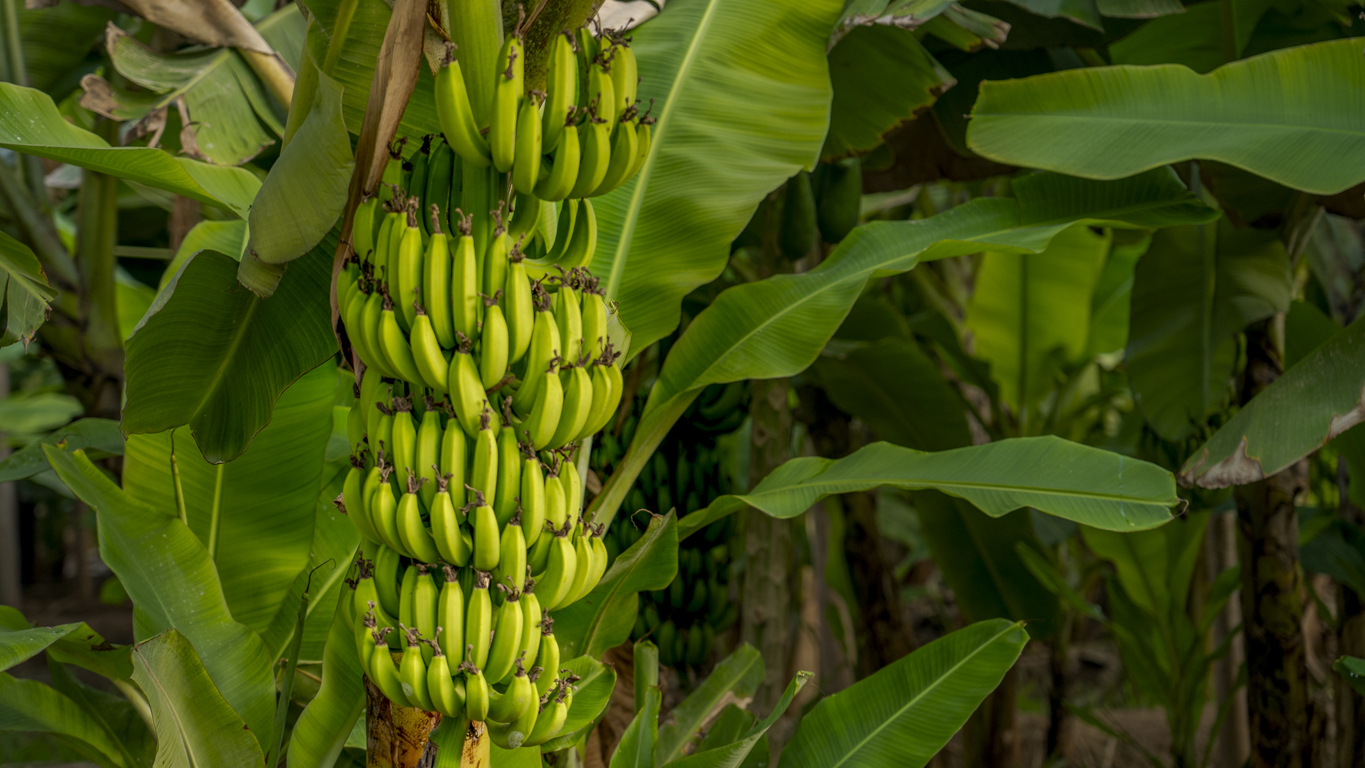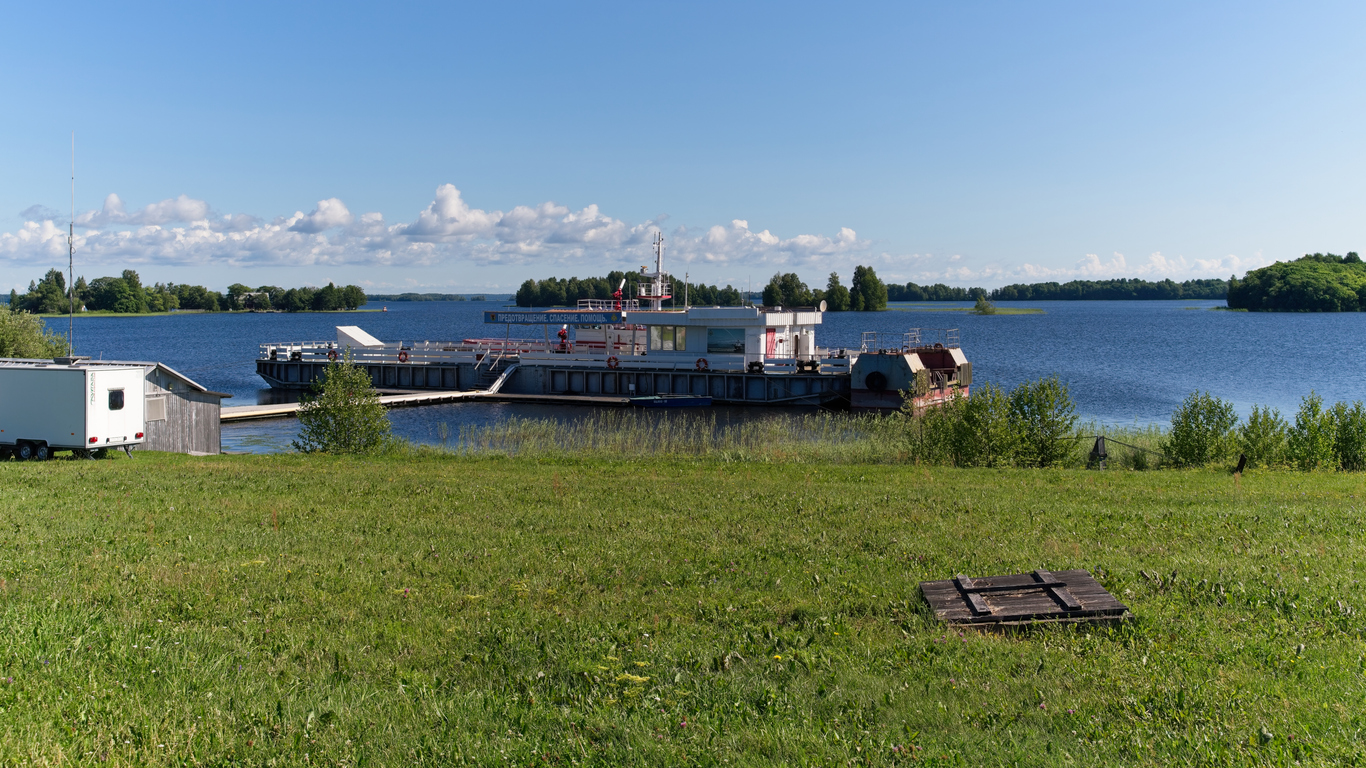Why Ice Plants in Nigeria Are Vital to the Cold Supply Chain
The growing demand for cold storage and preservation facilities has made ice plants in Nigeria an essential part of the country’s logistics and food distribution chain. From fisheries to beverage companies and produce exporters, ice plants ensure temperature-sensitive goods remain fresh during transportation. As Nigeria’s population and urban centers continue to expand, the need for reliable ice production facilities has never been more critical.
Wigmore Trading, a leader in logistics and wholesale distribution across Africa, supports businesses in sourcing high-quality industrial equipment and raw materials — including those needed to establish and operate ice plants efficiently.
The Role of Ice Plants in Nigeria’s Economy
Ice plants serve as vital infrastructure in industries like fisheries, hospitality, food processing, and beverage production. In coastal regions such as Lagos, Port Harcourt, and Calabar, ice blocks are indispensable for preserving fish before reaching inland markets. Similarly, restaurants, event organizers, and cold drink suppliers rely on ice to maintain product quality and customer satisfaction.
Beyond commercial use, ice plants also contribute to job creation and economic development, particularly in rural areas where small-scale fisheries and markets depend on cold storage solutions.
Growing Market Demand for Ice Plants
Nigeria’s rising middle class, expanding hospitality sector, and booming agribusiness are driving increased investment in ice production. With the country’s tropical climate, ice demand is high year-round, especially in regions lacking constant power supply. This has led to a growing number of entrepreneurs exploring opportunities to establish block ice plants, tube ice machines, and flake ice systems.
Wigmore Trading supports investors and business owners by sourcing high-quality ice-making machines, refrigeration equipment, and spare parts from trusted manufacturers. Whether for small-scale operations or large industrial setups, the company ensures smooth and reliable procurement processes.
Challenges Facing Ice Plant Operations in Nigeria
Despite its potential, the ice production industry faces challenges such as:
-
Irregular power supply, increasing operational costs.
-
High capital investment in refrigeration equipment and maintenance.
-
Limited access to quality spare parts and technical expertise.
These challenges often affect profitability and sustainability. However, practical solutions exist. For instance, investing in energy-efficient ice machines and solar-assisted systems can significantly reduce energy costs. Partnering with a reliable sourcing company like Wigmore Trading ensures consistent access to quality equipment, helping operators minimize downtime and improve efficiency.
Opportunities for Investors and Businesses
As the Nigerian cold chain sector continues to expand, establishing an ice plant offers attractive returns. The demand from local markets, hospitality venues, and fish traders ensures steady revenue potential. Entrepreneurs can explore strategic locations near ports, fish markets, and urban centers to maximize distribution efficiency.
Wigmore Trading can help new and existing businesses source industrial-grade ice-making equipment, provide supply chain support, and facilitate logistics solutions across Nigeria and West Africa.
Conclusion
Ice plants are an essential backbone of Nigeria’s cold chain industry, supporting food preservation, logistics, and economic growth. With increasing demand and evolving technology, this sector presents vast opportunities for both small-scale investors and large enterprises.
Whether you’re looking to establish a new ice plant or upgrade existing facilities, Wigmore Trading can help you source reliable, cost-effective equipment and streamline your operations.
Get in touch with our team today to learn more about how we can support your business growth in Nigeria’s cold chain industry.








Comments are closed.